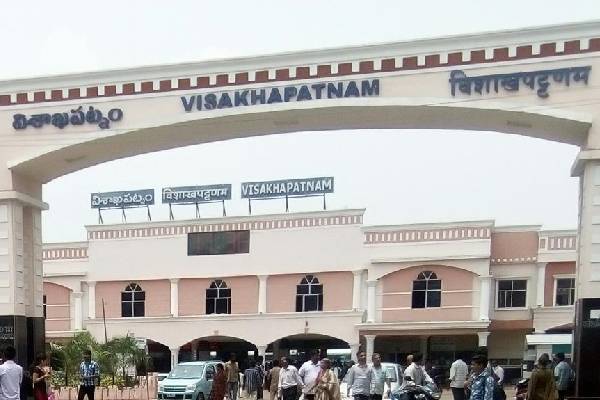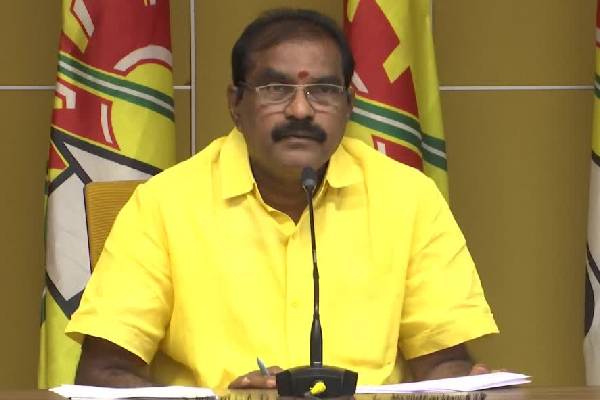Jagan’s plan to move the capital from Amaravati to Vizag in the name of decentralization received a jolt after the legislative council referring the bill to the select committee. With this, CRDA bill goes in pending mode for the next 3 months. Reportedly, Jagan’s government is contemplating to bring an ordinance to move the capital from Amaravati to Vizag. Details as below.
Option 1: Wait for Select committee opinion – duration 4 months:
With the unexpected twist from the council, AP government is pondering over all the options it has and even consulting the legal experts. As the council has referred the bill to select committee, ideally assembly needs to wait for 3 months for the opinion of the select committee and the subsequent decision of the council. Even if the council decides otherwise, Assembly can send the bill to the council for 2nd time. Then the legislative council has to take the decision on the bill within a month. If the council rejects the bill, then also assembly can go-ahead on the bill. As the powers of legislative council are limited and it is, unlike Rajya Sabha, only a dilatory and advisory body, the government can pass the bill without its consent.
The only issue with this option is, the government has to wait for 4 months at maximum.
Option 2: Abolish the council – duration 1 year
It seems Jagan is also contemplating the idea of completely abolishing the council. The council came into existence in AP in 1958 but it was abolished in 1985 as per the advice of NTR’s government. NTR used to state that the council has become a refugee camp for the politically unemployed. But it was YSR, the father of Jagan, who revived it in 2007 in AP. Now if Jagan wants to abolish the council, probably he will have to criticize the decision of YSR for reviving it.
But the problem is, Jagan can only recommend abolition and the parliament has to take the final decision. It has to be passed by both the houses of parliament. This may take up to one year or more.
Option 3: Summoning an ordinance – duration couple of weeks:
Governor of an Indian state draws ordinance making power from Article 213 of the constitution. This article empowers the governor to promulgate an ordinance on the urgent matters during the recess of the legislature. However, the governor has to promulgate on the advice of the state cabinet, which means, in a practical sense, if CM decides, there will be an ordinance in the state. He only has to advise the governor to prorogue the assembly first and then, as the assembly is in recess, he can advise for an ordinance. All this process takes only a couple of weeks.
But here is the catch. There are supreme court guidelines on promulgating ordinances. Intentionally proroguing the assembly to promulgate ordinance may come under judicial review. If the court makes such ordinance null and void, it will cause lot of damage to the government.
We will have to wait and see which option Jagan’s government chooses..
-ZURAN (@CriticZuran)

































